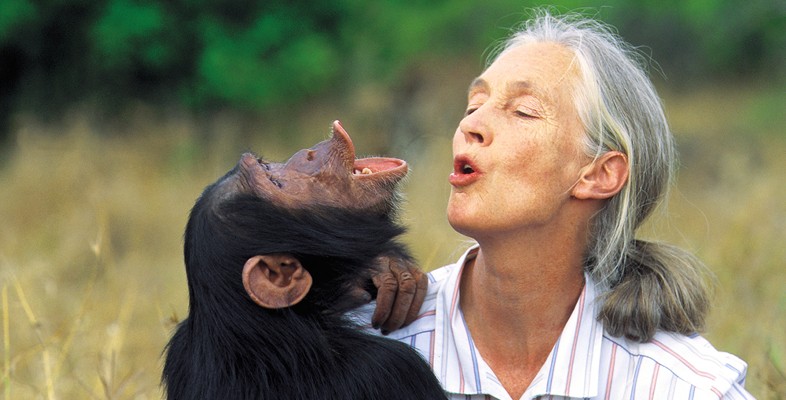Home » Course Layouts » Free Course Layout Udemy
Does your pet cat or dog experience emotions the same way you do? Can non-human animals solve complex problems? To what extent do other species have minds that are like human minds? This course, Living psychology: animal minds, explore these, and other, issues in the psychology of animal minds. Studying animal minds is of great importance to psychologists as humans are, of course, also animals. Researching other species can provide extremely useful insights into how human minds developed throughout evolutionary history.
0
58
English
English [CC]
- Learn basic syntax that can apply to any language.
- Learn what is a programming language and the basic concepts for beginners.
- Understand what is Javascript in it's truest form.
- Know the basic syntax of Javascript.
- Know some hidden quirks in Javascript.
Description
Introduction
Not only is this an interesting topic in its own right, but studying animals’ mental abilities also sheds light on how human minds have evolved, and how they are similar to and different from, the minds of other species. Indeed, many important findings in psychology have been, and continue to be, made by studying the behaviors and abilities of animals.
Course learning outcomes
After studying this course, you should be able to:- Describe studies that have explored various questions about the nature of animal minds, such as whether animals experience emotions and can engage in problem-solving
- Explain how evolutionary theory is relevant to questions about animal minds
- Describe some studies that have attempted to explore whether animals have a Theory of Mind (ToM) and discuss what these studies have allowed psychologists to conclude
- Outline how studying animal minds contribute to psychological knowledge about human minds
- Explain some of the strengths and shortcomings of comparative laboratory-based methods in psychology
Course content
-
- Everyday perspectives: animal minds 00:10:00
- How people attribute human-like traits to animals 00:45:00
-
- Human ideas about other animals’ minds 00:30:00
- The evolution of brains and minds 00:40:00
- How brain structures enable mind processes: emotion 01:00:00
- Emotions in different species: humans and dogs 01:30:00
- Comparative cognition: reasoning and problem-solving 00:20:00
- Animal problem-solving: using tools 00:10:00
- Cooperating elephants 00:30:00
- New Caledonian crows 00:30:00
- Collaborative problem-solving: the role of emotions 00:20:00
- Thinking about methods: laboratory and natural settings 00:20:00
- Studies on animals’ understanding of ‘seeing’ 00:20:00
- Studies on animals’ understanding of false belief: deception 00:20:00
- Behind the scenes of the Dog Cognition Centre 00:40:00
N.A
- 5 stars0
- 4 stars0
- 3 stars0
- 2 stars0
- 1 stars0
No Reviews found for this course.










